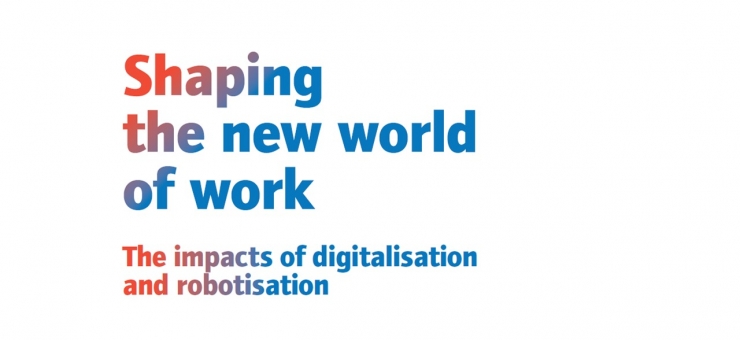Trade unions meet in Brussels to plot the future of work in post-BREXIT Europe

European trade unions are meeting at an ETUC-ETUI conference in Brussels with the aim of shaping the new world of work in a post-BREXIT Europe.
With EU institutions across the European capital still reeling from the outcome of last week’s historic referendum, ILO Director-General Guy Ryder warned of the dangers of ignoring the message UK workers had sent to the world.
“When we are talking about the future of work, there is too much inequality, too much unemployment, too much marginalization. If the future is simply an extrapolation of the trends of the last twenty years, then we should be more pessimistic than optimistic. It is obligatory that we challenge ourselves to rethink some of the most basic policy of the recent times and move forward in a new direction,” Ryder said.
Marianne Thyssen, European Commissioner for Employment, Social Affairs and Inclusion said, “There is no room for business as usual. The Europe of today is not as it was a week ago. We need to make Europe stronger, make it more effective and bring it closer to its citizens.”
With predictions from the likes of Oxford University that up to 40% of jobs could be lost to technology within the next twenty years, discussions over the next few days will focus on the impacts of digitalisation and robotisation.
UNI Europa Regional Secretary Oliver Roethig called for stronger protection for workers in the service sector which is set to remain as the largest in any future European workforce.
“The main point about digital revolution is that it manifestly affects service workers who make up some 60-70% of the European economy,” Roethig said. “The European Commission’s new skill agenda focuses on the old world of work and would do better to focus on new forms of employment which will predominately be in the services sector.”
Taking place over three days, the ETUC-ETUI conference will examine a number of issues affecting the future of work including the collaborative economy, organising and representing workers in the digital economy, inequality as well as skills and training.
Join the ETUC Conference conversation at #ETUWOW16.

